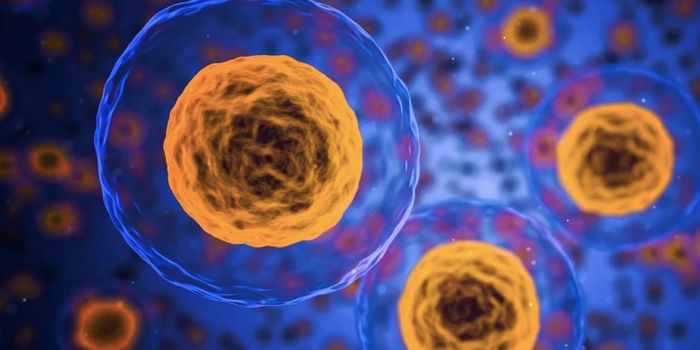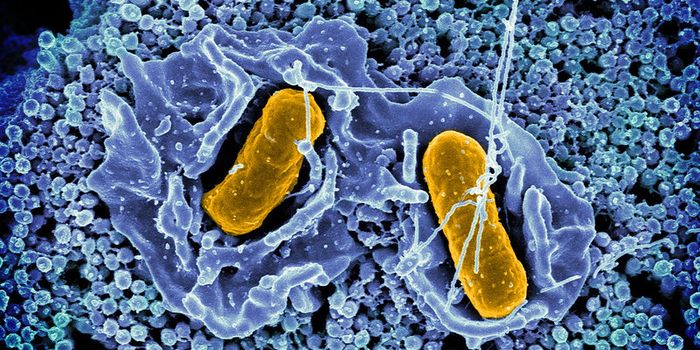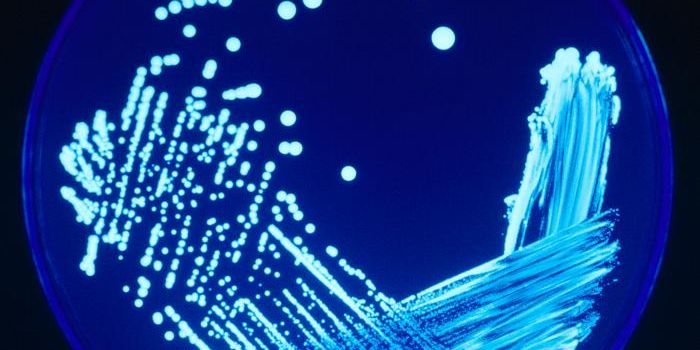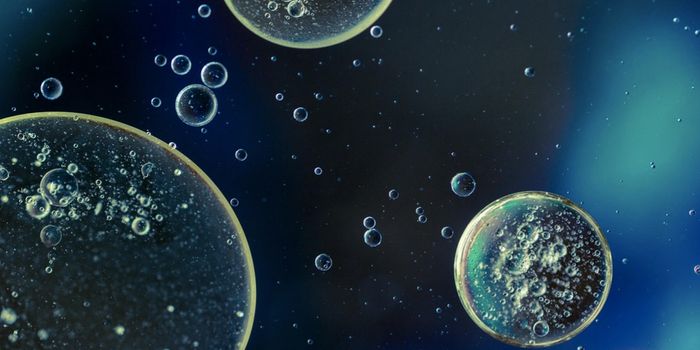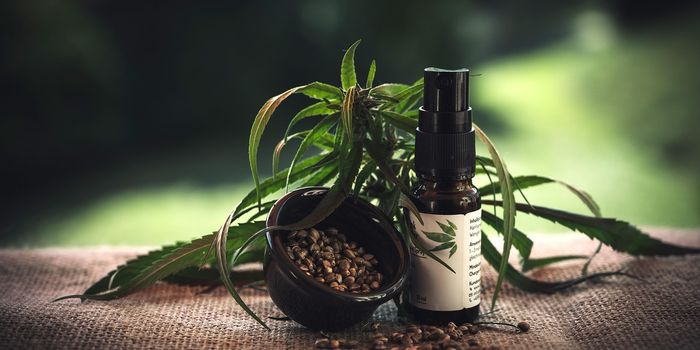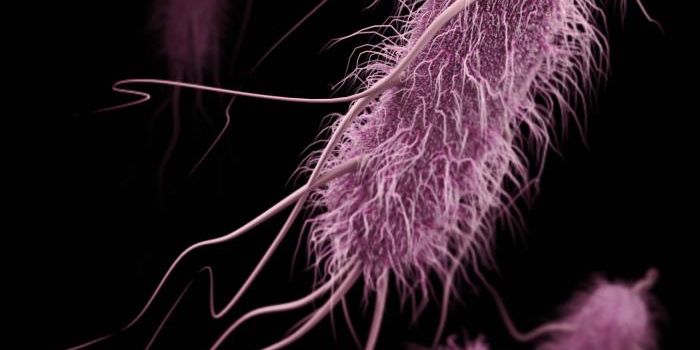Now that we know so much more about the bacteria we carry in our bodies, it may be possible to start using that bacteria to improve our health. The food and stuff we take in can have a powerful impact on the microbes in our gut, which in turn have a powerful influence on us. The gut microbiome has been linked to many diseases including some of the most common - obesity, cancer, and heart disease. Researchers are starting to identify molecules that can help remodel unhealthy gut microbiomes from microbial communities that encourage disease to healthy ones.
"The gut microbiome contains hundreds of different species of bacteria and is where the largest concentration of bacteria living in us resides," said researcher M. Reza Ghadiri, Ph.D. "If we all ate a healthy diet, exercised and didn't age, we wouldn't have problems with our gut microbiome and many diseases. But, that's not how all people live. Current methods aimed at improving the makeup of gut microbiomes have involved prebiotics, probiotics or drug therapies. Our goal was to take a totally new approach - to remodel the microbiome."
Ghadiri's research team created a class of molecules, originally to kill bacteria, called self-assembling cyclic D, L-α-peptides. These short chains of amino acids aren’t natural and they can selectively target different types of bacteria in specific ways.
"Our hypothesis was that instead of killing bacteria, if we could selectively modulate the growth of certain bacteria species in the gut microbiome using our peptides, more beneficial bacteria would grow to fill the niche, and the gut would be 'remodeled' into a healthful gut," Ghadiri explained. "Our theory was that process would prevent the onset or progression of certain chronic diseases."
They tested their idea in a mouse model of cardiovascular disease; the mice lack a receptor for LDL cholesterol. This strain of mouse is commonly used to test drugs that reduce cholesterol levels.
"These mice have been bred to thrive on low-fat diets, but when they are fed a diet high in saturated fat - a so-called Western diet - they develop high plasma cholesterol, especially the LDL or bad type," noted Ghadiri. "Within ten to twelve weeks, they develop plaques in their arteries such as you would find in atherosclerosis patients."
The researchers used a wide screen to identify the peptides they wanted to test on the mice. Then they created a model mouse microbiome and found the peptides that were most able to remodel it to resemble a microbiome that would be carried by mice on a low-fat diet. Next, they tested the candidate peptides on mice in three groups; one group got a low-fat diet, another got the high-fat Western diet, and the last group got a Western diet with one of the two peptides.
"Mice fed the Western diet with our peptides had a 50 percent reduction in total plasma cholesterol, and there was no significant plaque in the arteries, compared to the mice fed a Western diet and no peptides," Ghadiri revealed. "We also saw suppressed levels of molecules that increase inflammation and rebalanced levels of disease-relevant metabolites. These mice resembled those on a low-fat diet."
Ghadiri suspects that these effects are mediated by genes that are involved in inflammation, and in bile acids, which would impact cholesterol metabolism.
"This is the first time anyone has shown that there are molecules to purposefully remodel the gut microbiome and turn an unhealthful gut into a more healthful one," he added. "This opens up clear therapeutic possibilities. We can sequence the guts of individuals and eventually develop therapies."
Learn more about the microbiome from the NIHvcast above.
Sources: AAAS/Eurekalert! via American Chemical Society


